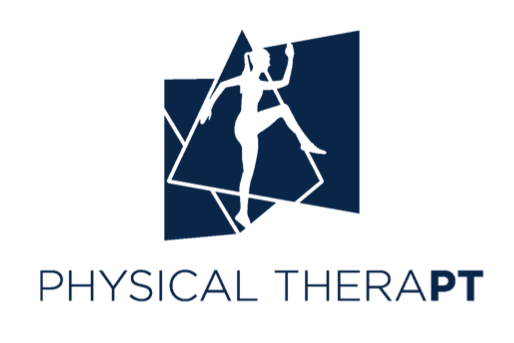When working with youth athletes, it’s important to train the athlete first, and the sport second. According to several experts, including the leading golf professions at Titelist, it takes 10 years or 10,000 hours of training for an athlete to reach elite levels of competition!
10,000 hours can sound like a lot of training for one sport. But these hours are cumulative across sports when you consider non-sport specific skills. Coordination, proprioception, balance, and neuromuscular timing are essential for any sport. A strong youth program will help children build these skills, whether it’s soccer, golf, or gymnastics!
According to a study conducted by the US Olympic Team on athletic development, US Olympians began their sport-specific training at 12.0 years old for males and 11.5 years old for females. These athletes reported training for 12 to 13 years from their first introduction to their sport to making the Olympic team. Remember, early specialization isn’t always the best choice for those hoping to reach the top. This month’s book review on Range by David Epstein echos this idea- specialists are the exception, not the rule when it comes to elite development.
All work and no fun makes kids drop out of sports. While there is undeniable value in drills that develop and hone specific skills, to truly excel requires love of the game. How do coaches and clinicians foster this? Through deliberate play!
Backed by Côté and Hay’s 2002 study, deliberate play is important in ensuring athletic participation. Pick games or drills that kids enjoy, while sticking to the sport. Keep the rules simple, and save “teachable moments” for another exercise. Last man standing, anyone?
This form of skill development still counts towards that 10,000 hour goal. Free play allows youth athletes to explore in a low-risk environment, developing motor skills, building confidence and testing out communication strategies.
Athletic trainers and physical therapists can help identify areas for improvement, and provide strategies that compliment your after-school sports! Add those rehab hours to your 10,000 hour tally!
Read more: Côté, Jean & Hay, John. (2002). Children's involvement in sport: A developmental perspective. Psychological Foundations of Sport.





